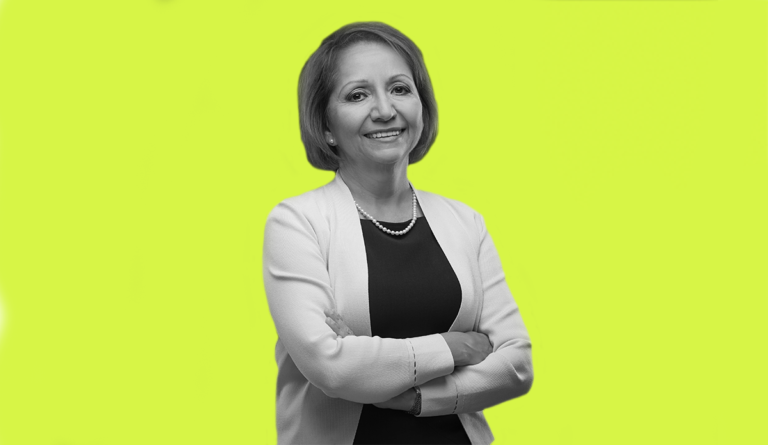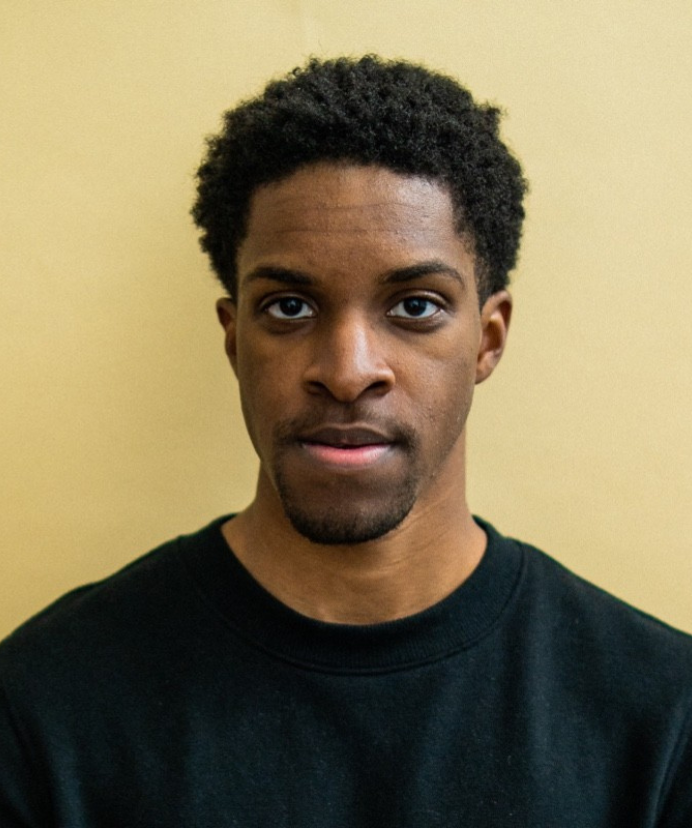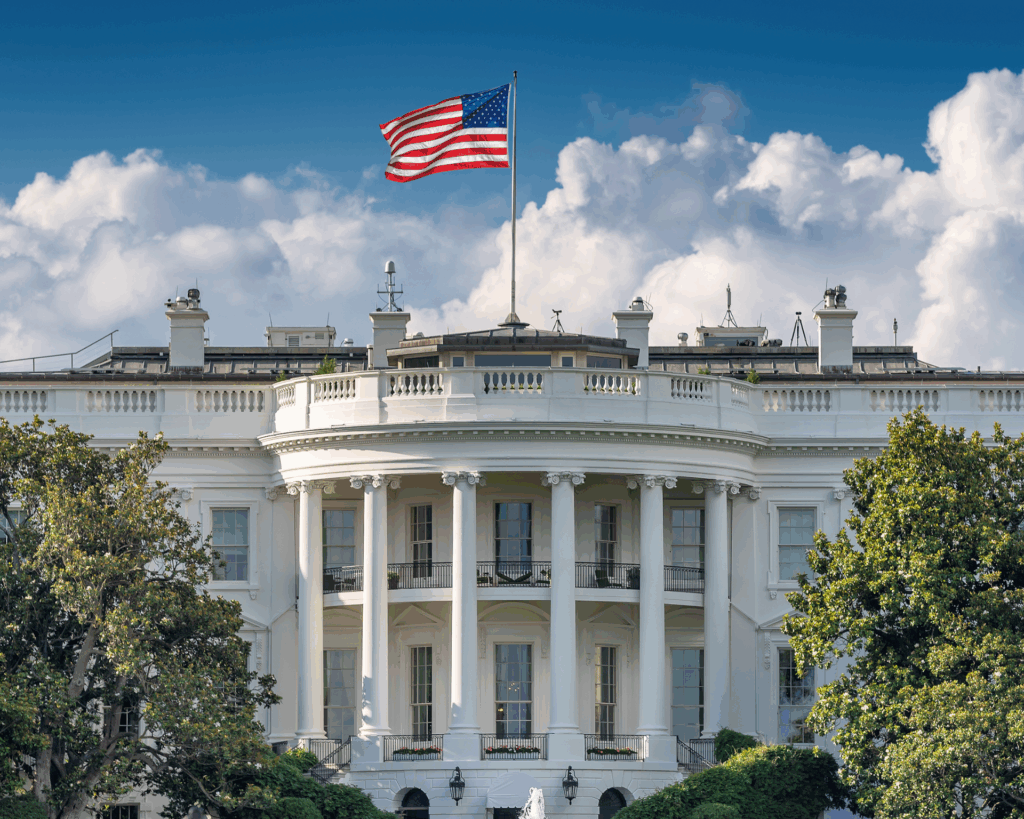Antonia Villarruel
Antonia Villarruel, Dean of Nursing at the University of Pennsylvania School of Nursing, shares her insights on working together to advance health equity.

Read Time: 4 minutes
Published:
Antonia M. Villarruel is the Margaret Bond Simon Dean of Nursing at the University of Pennsylvania School of Nursing. As a bilingual and bicultural nurse researcher and leader, she brings extensive experience with diverse Latino and Mexican populations, with her research focusing on interventions to reduce sexual risk behaviors among youth; one such program, ¡Cuídate!, has been disseminated nationally. PHP Fellow Edward Alexander profiles Villarruel to share her insights on working together to advance health equity.
Public Health Post: The word equity is used a lot in public health conversations. How do you define equity?
Antonia Villarruel: The definition of health equity is that everybody has the equal chance, the equal opportunity to live healthy lives and reach personal fulfillment. Looking at inequity is really sort of a moral judgement. It involves an ethical judgement that’s rooted in biases and history.
How do we teach people that things are inequitable?
Honest to God, I don’t think people know history, that’s number one. People are born into this having this notion of “if you only worked hard enough, you could make it here in America.” That stereotype is not true anymore, and it never was for a certain group of people.
How have responses to the need for equity-promoting practice changed within health research since you started in the field?
I think it’s important to make the distinction between research and policy. It’s easy to do the research when we’re talking about individual-based work, how I as a practitioner might be able to move somebody to develop a healthy life or lifestyle. But again, those one-on-one interactions are labor-intensive, and that’s not really getting at the population. So, instead, we really have to take a look at what are the conditions in which people can achieve their best selves, and for that we need policies that address structural changes to society. That’s where the policy action needs to happen. I think researchers need to be able to identify what the structural issues and policy issues are that can best support the conditions people want to live within.
Your research engages communities of color, developing relationships that have historically been exploited. Why do you think you’ve been so successful in working with more diverse communities?
I’ve been successful because I’ve worked on developing trust as a major part of the equation. I’m lucky enough. I speak Spanish. I’m very tied into my own Latino history, but I also felt I needed to know about my history and culture.
I’ll just give you an example. In my first research study, I needed access to Latinos and African-American kids. I decided to go to this community center that’s in the neighborhood where I grew up to see if I could do my research. I explained what I was doing to the director at the time and I said, “What do you need? I have no money, but what do you need?” And he said, “I just want you to come back and present the results of your study to people here.” And I came back and presented and he said, “Out of all the research that’s been done here in this clinic, you are the only person who has come back.”
In your role as the Dean of the School of Nursing, what does diversity mean?
I don’t think you can talk about diversity until you talk about inclusiveness or until you talk about belonging. Diversity is numbers, and I will say we have good numbers. I’m very proud that we have a diverse faculty and a diverse leadership, and we’ve worked really hard as a community to build an environment that’s respectful. We’re in the process of developing a shared set of values that can help us hold each other accountable for how we want to be treated and to interact.
Looking at structural change can make people feel like there’s nothing they can do. What advice do you have for people who are overwhelmed by the challenges to improve equity?
Don’t try to do it alone. You can figure out how to make a difference here and there, working with others to make a difference.
Photo courtesy of Antonia Villarruel



